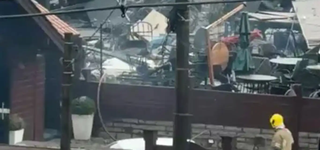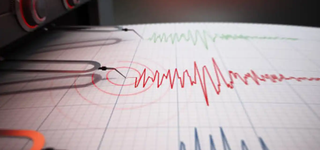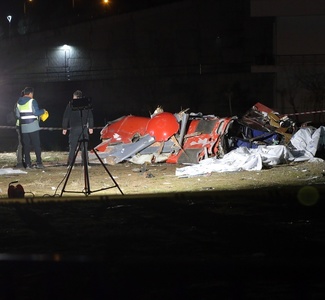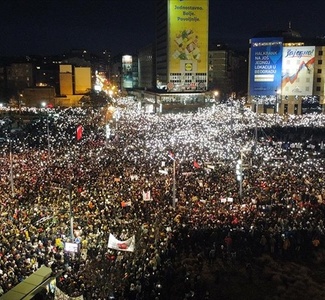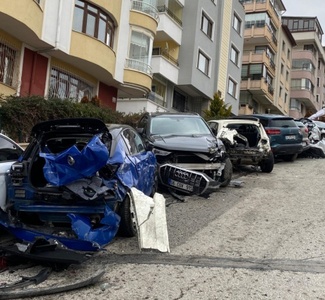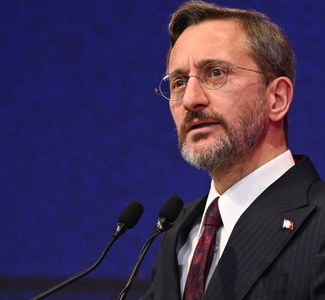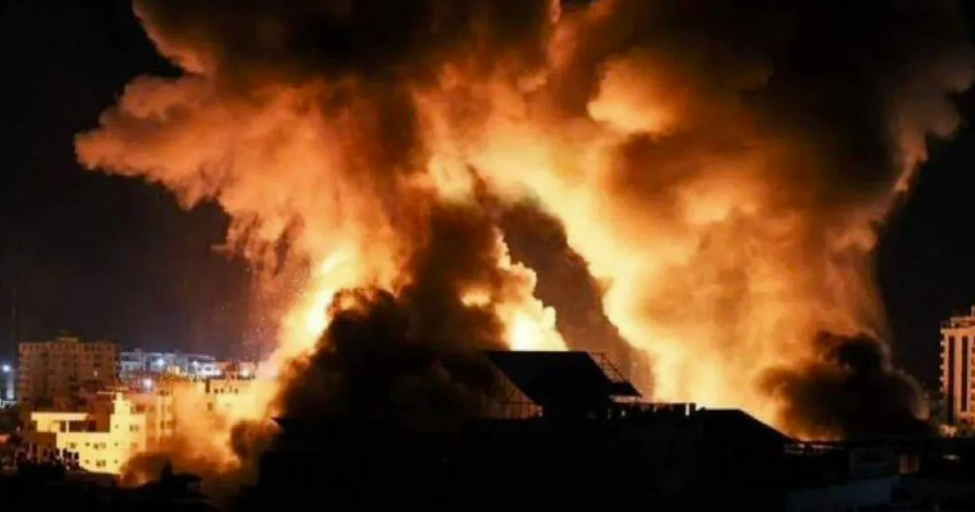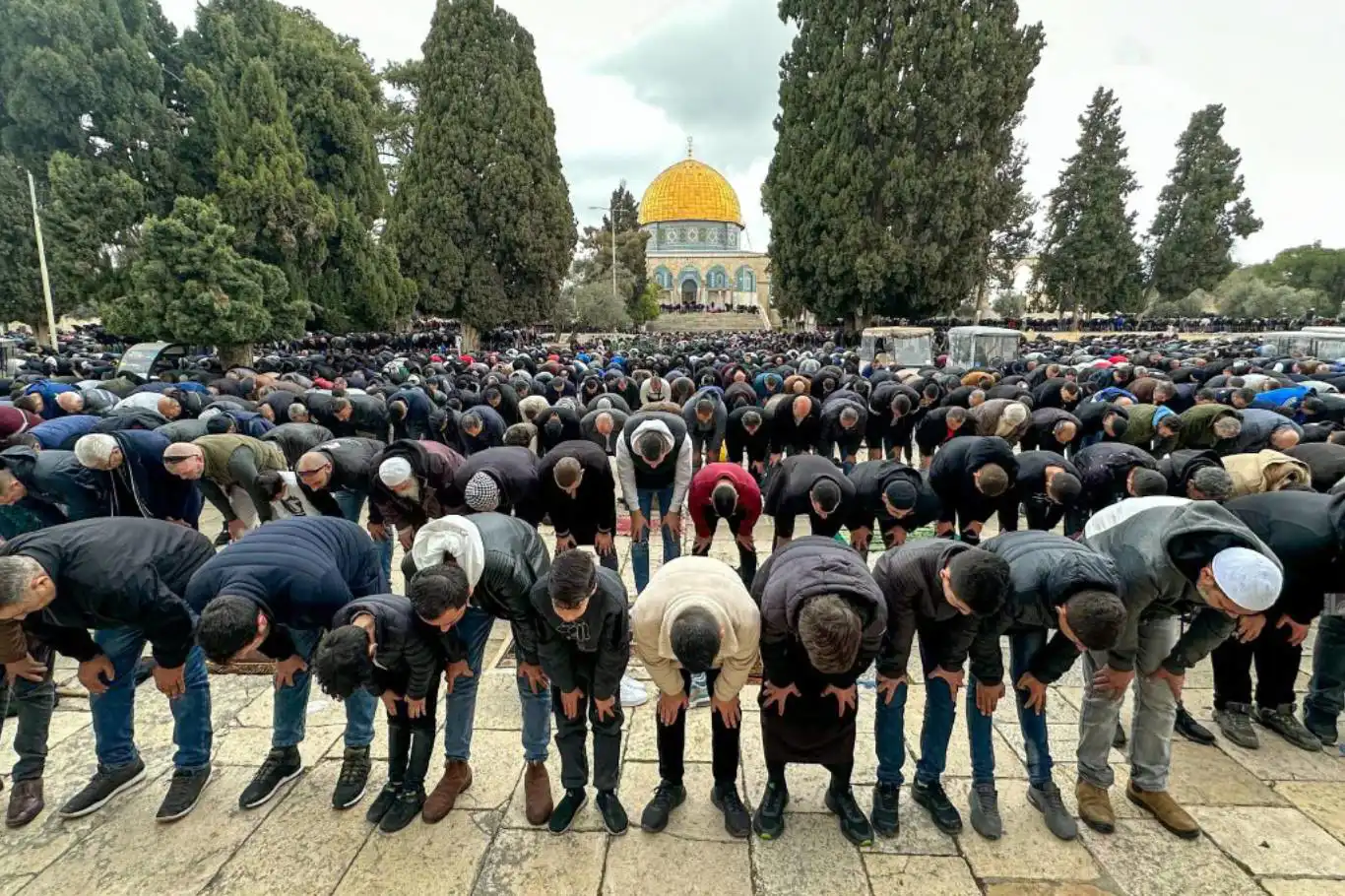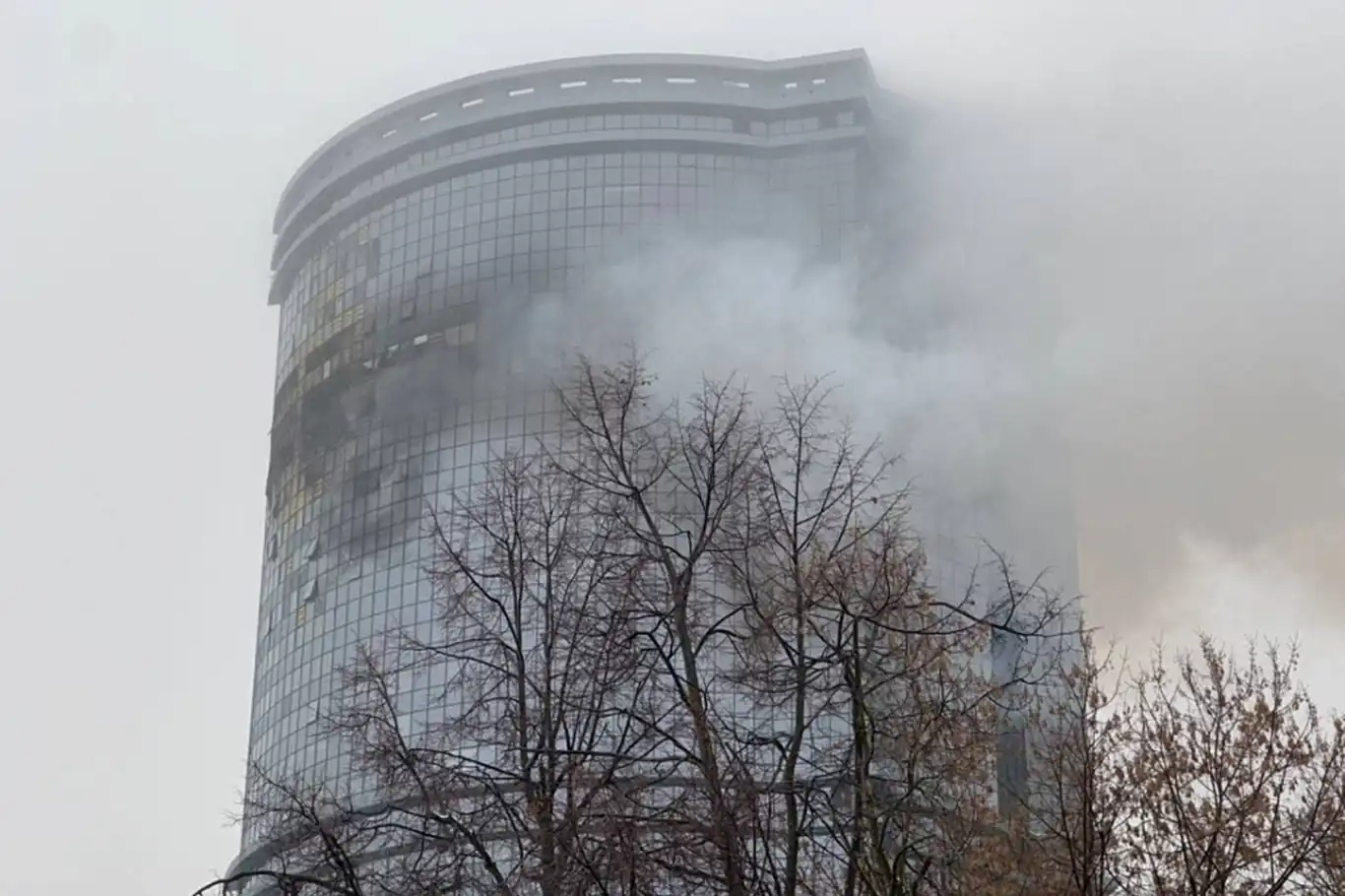Susa Mosque Massacre: Remembrance of a brutal attack by PKK
The Susa Mosque Massacre continues to haunt memories as one of the most brutal acts perpetrated by the PKK organization.

 Google News'te Doğruhaber'e abone olun.
Google News'te Doğruhaber'e abone olun. On June 26, 1992, in the village of Susa (Yolaç) in the Silvan district of Diyarbakır, a southeastern province of Türkiye, ten Muslim worshippers were mercilessly killed, and five others were injured during an attack carried out by PKK members.
This horrific massacre, perpetrated by PKK militants disguised in military attire, inflicted indescribable pain that lingers even after three decades have passed.
The Susa massacre stands as a grave manifestation of violence against Muslims in the Kurdistan region, reflecting hostility towards Islam, intolerance of religious sanctity, contempt for Islamic symbols, and an abhorrence of devout Muslims.
Susa, a village comprising 90 houses in the Silvan (Farqin) district of Diyarbakır, was renowned for its religious identity and its steadfast adherence to Islamic principles, rejecting any non-Islamic ideologies or institutions.
During a time when ethnic nationalism and irreligious communism were forcibly imposed on the Kurdish nation, the Islamic community became an integral part of the Kurdistan region, striving to disseminate the noble cause of Islam across provinces, districts, towns, and villages, despite paying a heavy price for their beliefs.
Susa village responded positively to this call for Islam and extended invitations to its mosque, where people eagerly embraced Quranic studies and teachings about the life of the Prophet.
However, the PKK, a catalyst for darkness in the region, soon grew wary of the spread of Islamic enlightenment in Susa. The organization brooked no understanding other than its own, and it vehemently opposed any Islamic activities, not only in Susa but throughout the region.
Employing various deceitful tactics, conspiracies, and threats, they sought to extinguish the light of Islam. Thus, a battle between truth and superstition unfolded in Susa.
As usual, the mosque community gathered in the mosque after performing the Maghrib prayer on Friday, June 26, 1992, eagerly awaiting the Isha prayer.
A few more individuals joined them upon hearing the call to prayer, resulting in a congregation of 15 people performing the Isha prayer.
Unbeknownst to the worshippers, the blind-eyed criminals had surrounded the mosque. Although they heard footsteps, they mistook them for those of animals.
But it was far from that. The cowardly members of the treacherous organization, lacking the courage to face Muslims openly, stormed the mosque dressed in military attire, forcefully evicting the worshippers and subjecting them to a purported search, during which their hands were bound.
In addition to insulting religious sanctities, the PKK murderers callously dragged the mosque community outside, tauntingly shouting, "Call upon Allah to come and save you!"
Realizing that the armed individuals were not legitimate military personnel, the mosque community began reciting takbirs, Islamic declarations of faith, while the group opened fire on the defenseless and innocent worshippers.
The mosque's courtyard turned into a blood-soaked scene of unimaginable brutality, bearing witness to yet another atrocity against humanity.
Among those martyred in the Susa Mosque massacre were Haji Ahmed and his son Muhammad Emin Kantar, Zeki, Medeni, Sait, and Mekki Fidancı brothers, Muhammad Ali Uslu, Abdul Khaluk Ugaş - the mosque's imam, Adnan Kantar, and Huseyin Cetinkaya. Additionally, five others were wounded in the attack.
The Susa Mosque Massacre remains etched in the collective memory as a grim reminder of the unfathomable violence inflicted upon innocent civilians in the pursuit of an extremist agenda. (ILKHA)






























